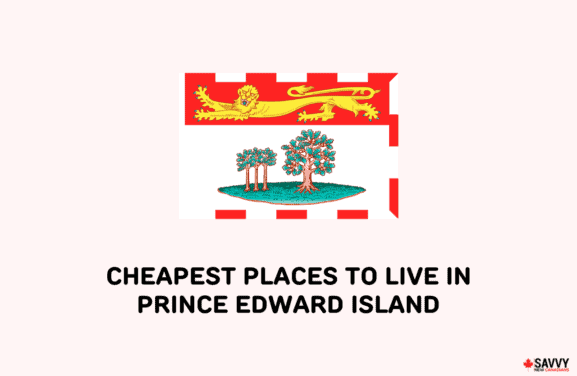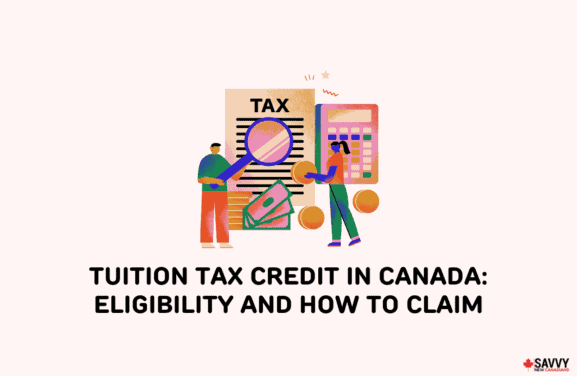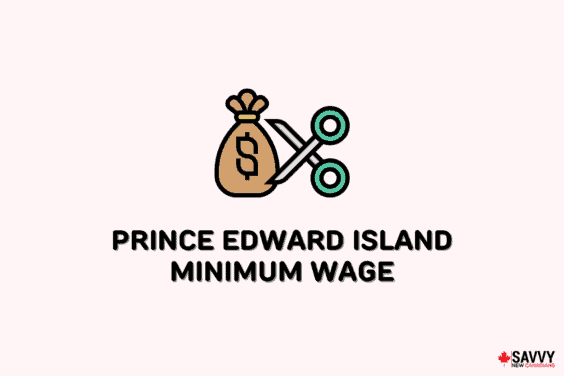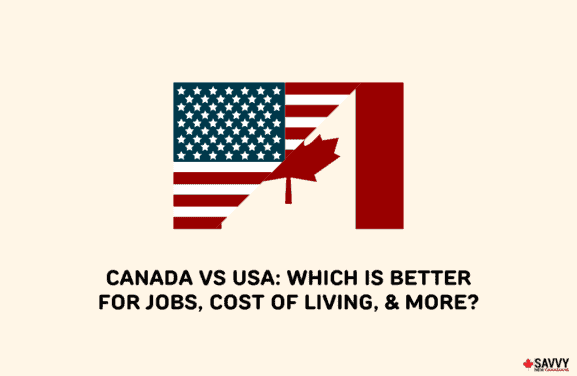Due to their inconsistency, tips and gratuities are sometimes overlooked when estimating income. However, in Canada, these additional earnings are taxable, so it’s essential to exercise due diligence by tracking exactly how much you receive through tips and gratuities and including them when filing your income tax.
This article covers everything you need to know about the taxes on tips and gratuities in Canada, including the possible consequences of not reporting them.
Key Takeaways
- Tips in Canada can be divided into three categories: Controlled, Direct, or Declared (for Quebec only). All these tips are taxable, but they vary in how they impact EI premiums and CPP contributions.
- Not reporting your tips can cost you more money in the long run, as you’ll be liable for back taxes, interest, and possible penalties if the CRA discovers the omission.
- Reporting all your tips helps you save more money for retirement and get loans easier due to the higher income shown on your income tax return.
Are Tips and Gratuities Taxable?
Yes, all tips and gratuities are taxable in Canada, as they’re considered as part of your income. You’re expected to keep track of all tips you receive throughout the year and report their accumulated amount when you eventually file your income tax and benefit return.
However, although all tips and gratuities are taxable, not all are necessarily considered insurable earnings under the Employment Insurance Act or pensionable earnings under the Canada Pension Plan.
Let’s discuss the differences between Controlled, Direct, and Declared tips to know how they impact EI premiums and CPP contributions.
Controlled Tips
Controlled tips are tips that employers have direct control over. To name some examples, accumulated restaurant tips that are equally distributed among employees or fixed tip percentages automatically added to customers’ bills fall under this category.
Since controlled tips are mandated by employers, these tips are considered additional amounts paid by the employer to the employees. This means that any required EI premiums and CPP contributions are taken out of these tips at the source.
Direct Tips
Direct tips are tips you receive directly from customers. Cash left on the table after meals or tips handed directly to a porter, for example, all fall under this category, as employers have no involvement in how the tips are distributed.
CPP contributions or EI premiums don’t need to be deducted from Direct Tips. However, employees may voluntarily choose to make additional Canada Pension contributions from this extra income by filling out Form CPT20.
Declared Tips (Quebec residents only)
Quebec’s provincial law requires employees working in regulated establishments to declare their direct and controlled tips to their employers. The declared tips are included with insurable earnings, subjecting them to EI premiums.
Note: Quebec is the only province that requires employees to declare their direct tips to employers.
How to Report Tips on Your Income Tax Return
For some employees, the tip income is already included in the T4 slip. So, if you’re unsure whether this is the case for you, you can confirm with your employer.
If your tips aren’t listed on your T4 slip yet, you can report them by entering the total amount you’ve accumulated throughout the year on line 10400 of your income tax and benefit return instead.
How Much Should a Server Claim in Tips in Canada?
In Canada, servers and other service industry workers are highly recommended to claim all of the tips and gratuities they receive, whether you receive them directly from customers or through your employer.
Track every tip you receive throughout the year to ensure you’re accurately claiming all of your tip income.
Why You Should Report Tips on Your Tax Return
These are the benefits of reporting all your tips and gratuities in Canada:
- Use your additional claimed income to increase your CPP contributions
- Claiming higher income can be advantageous when applying for loans or mortgages
- Increase your RRSP contribution limits and maximize your tax deductions
What Happens If You Don’t Report Your Tips and Gratuities?
If you don’t report your tips and gratuities and the CRA discovers that you’ve failed to declare all your earned tips, you’ll not only be required to pay your due taxes but also be charged interest and possible penalties.
Not reporting your tip income can be more costly than if you were to claim them as earnings from the get-go.
FAQs
Yes, restaurants must charge the GST or HST on the gratuity if it’s already included in the total bill amount. Some establishments automatically charge gratuity for larger groups, but this varies.
Yes, cash tips are taxable in Canada. All forms of tips and gratuities must be claimed as additional income in your income tax return.
No, tips are not considered wages in Canada. They’re not factored into calculations when determining the minimum wage or entitlements such as overtime pay.
It’s not mandatory to tip in Canada. However, it’s customary (and often expected) to tip between 15% and 18% of your total bill before taxes.
Some amounts that aren’t taxed in Canada include lottery winnings, inheritances, and monetary benefits received from the government. Strike pays and amounts received from life insurance policies are also not taxed.
Related:



